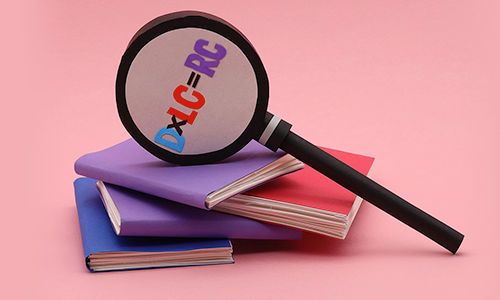

Guide
Multidimensional reading data: How fluency and comprehension assessments go hand in hand
The “big five” components of reading work together as students learn to read and develop their skills. See how having separate assessments that focus specifically on these constrained and unconstrained skills can benefit the classroom teacher.
Topics: Literacy, Science of reading
Products: MAP Reading Fluency


Article
5 reading skills kids need before grade 3
This list and summary will discuss the big 5 reading ideas that have to be taught and assessed prior to grade 3. The National Reading Panel identified five components at the core of effective reading instruction: phonics, phonemic awareness, fluency, vocabulary and comprehension. Hit on why this is so important at the early learning stages. List out each reading concept, explain what it is, and why reading research has identified it as important.
Topics: Instructional strategy & resources, Literacy, Science of reading
Products: MAP Reading Fluency


Article
The science of reading and balanced literacy: What you need to know
Take a closer look at changes to the early literacy landscape as reading expert Dr. Cindy Jiban explores the advantages of the science of reading compared to the balanced literacy approach.
Topics: Literacy, Science of reading
Products: MAP Reading Fluency


eBook
Literacy for all: How to build confident, lifelong readers
Strong readers are more likely to graduate from high school, less likely to become teen parents, and better positioned for success in the workforce. Support yours during COVID-19 school closures.
Topics: Literacy, Science of reading
Products: MAP Reading Fluency
